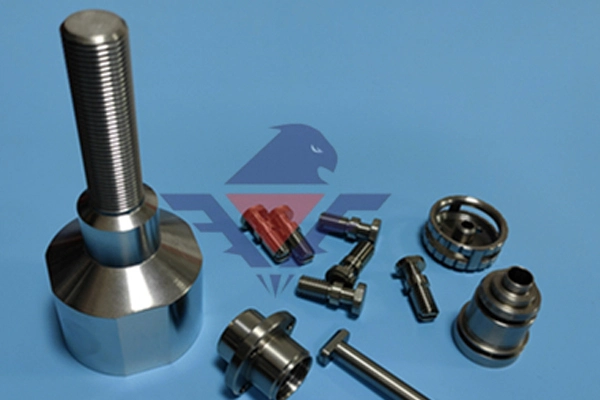Precision Swiss Machining for Complex Components

# Precision Swiss Machining for Complex Components
## The Art of Swiss Machining
Swiss machining represents the pinnacle of precision manufacturing for complex components. This specialized form of CNC machining originated in Switzerland’s watchmaking industry, where extreme precision was required for tiny, intricate parts. Today, Swiss machining has evolved to serve industries ranging from medical devices to aerospace.
## Why Choose Swiss Machining?
The Swiss machining process offers several distinct advantages:
– Exceptional precision with tolerances as tight as ±0.0001 inches
– Ability to machine complex geometries in a single setup
– Superior surface finishes
– Excellent repeatability for high-volume production
– Reduced material waste compared to conventional machining
## Key Applications Across Industries
### Medical Device Manufacturing
The medical industry relies heavily on Swiss machining for components like:
– Surgical instruments
– Implantable devices
– Dental components
– Microfluidic devices
### Aerospace Components
Aerospace applications demand the precision and reliability that Swiss machining provides:
– Fuel system components
– Actuator parts
– Sensor housings
– Fasteners and fittings
### Electronics and Microtechnology
The electronics industry benefits from Swiss machining’s ability to produce:
– Connector pins
– Miniature gears
– Optical components
– Micro-electromechanical systems (MEMS)
## The Swiss Machining Advantage
What sets Swiss machining apart is its unique guide bushing system. This innovative approach provides unparalleled support to the workpiece during machining operations, resulting in:
– Reduced vibration for better surface finishes
– Improved dimensional accuracy
– Ability to machine long, slender parts without deflection
– Higher productivity through simultaneous operations
## Material Versatility
Keyword: Swiss Machining
Swiss machining centers can work with an extensive range of materials, including:
– Stainless steels
– Titanium alloys
– Aluminum
– Brass and copper
– Plastics
– Exotic alloys
This material flexibility makes Swiss machining suitable for virtually any precision component requirement.
## Choosing the Right Swiss Machining Partner
When selecting a Swiss machining provider, consider these critical factors:
– Experience with your specific industry requirements
– Quality certifications (ISO, AS9100, etc.)
– Equipment capabilities and technology level
– Material expertise
– Quality control processes
– Turnaround time and production capacity
The right partner can help optimize your designs for Swiss machining while maintaining the highest quality standards.


